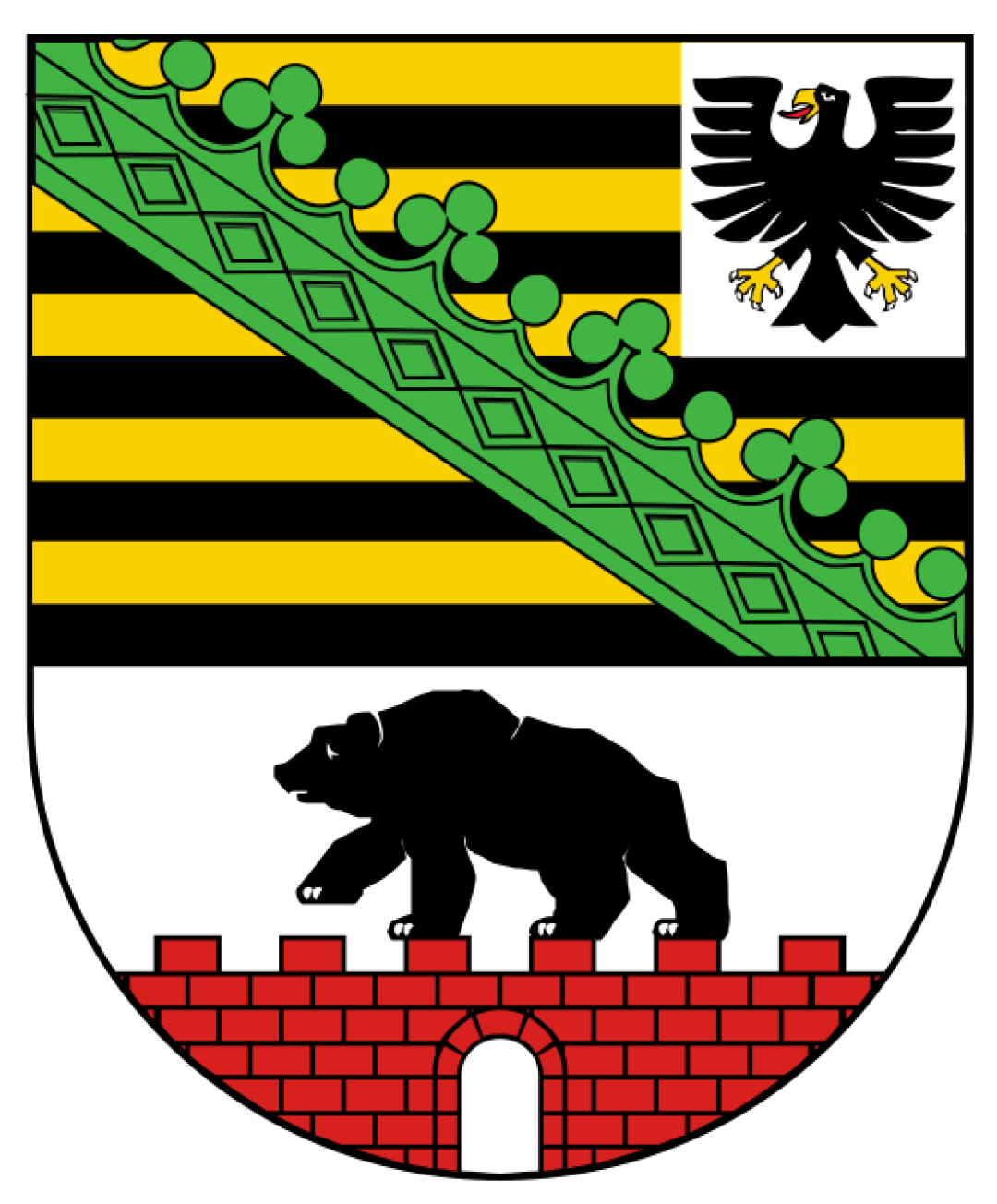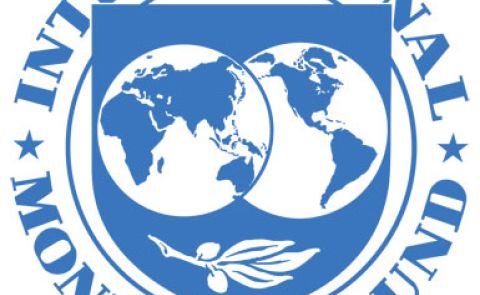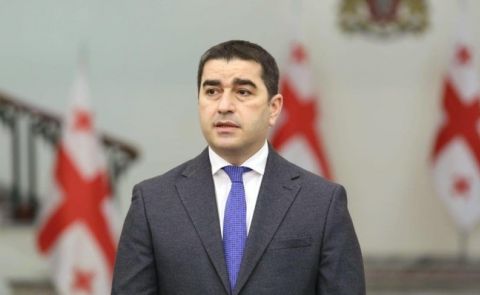
Saxony-Anhalt parliamentarians interested in Armenia’s economic reforms

On 12 August, the Armenian Minister of Economy Tigran Khachatryan held a meeting with the delegation of the deputies of the Landtag (state parliament) of Saxony-Anhalt, where he highlighted that the economic reforms in the country are a key component of the reform agenda, reported news.am.
The members of the delegation were accompanied by Acting Charge d’Affaires of the Embassy of Germany in the Republic of Armenia Klaus Wendelberger, who introduced the delegates and emphasized that Saxony-Anhalt is actively collaborating with Armenia in several sectors and emphasized the need to intensify economic cooperation.
Khachatryan presented Armenia’s current socio-economic indicators and attached importance to the need for actions to establish an export economy. “The government has the desire and persistence to change the situation quickly. It is also committed to rule out the impact of corruption on the economy and ensure equal conditions,” he added. Khachatryan also touched upon the results of Germany’s support to Armenia’s economy and attached importance to the programs for the improvement of infrastructure supported by the German Development Bank (KfW). The minister answered the deputies’ questions that were mainly related to Germany’s participation in the sectors and programs, which show potential for investments.
The german federal state of Saxony-Anhalt harbours close cultural ties with Armenia. Since 1996, Saxony-Anhalt represents all german federal states in Armenia in regard to cultural policy. From 2008, there is an active cooperation between the Yerevan State University and the Martin-Luther-University Halle-Wittenberg; and several partnerships between the Armenian and Saxony-Anhalt lower level education institutions.
Germany’s development cooperation projects with Armenia concentrate on supporting small and medium-sized enterprises, developing and reforming the financial sector, improving energy efficiency, promoting renewable energy, the sustainable management of natural resources and the establishment of nature conservation areas. Other goals are the development of democracy at the local level, administrative decentralisation, more efficient public finance management and the promotion of civil-society participation in the political decision-making processes.
See Also


IMF Predicts Rising Strategic Reserves, GDP Growth, and Inflation Stabilization for Azerbaijan by 2030

Armenian Officials and Georgian President Discuss Strategic Cooperation, Peace Efforts, and Regional Stability in Yerevan

State Security Service of Georgia Identifies Occupation and Annexation as Primary National Security Challenge in 2024

Shalva Papuashvili Criticizes EU for Misusing Funds, Warns of Continued Harm to Georgia’s Democracy

